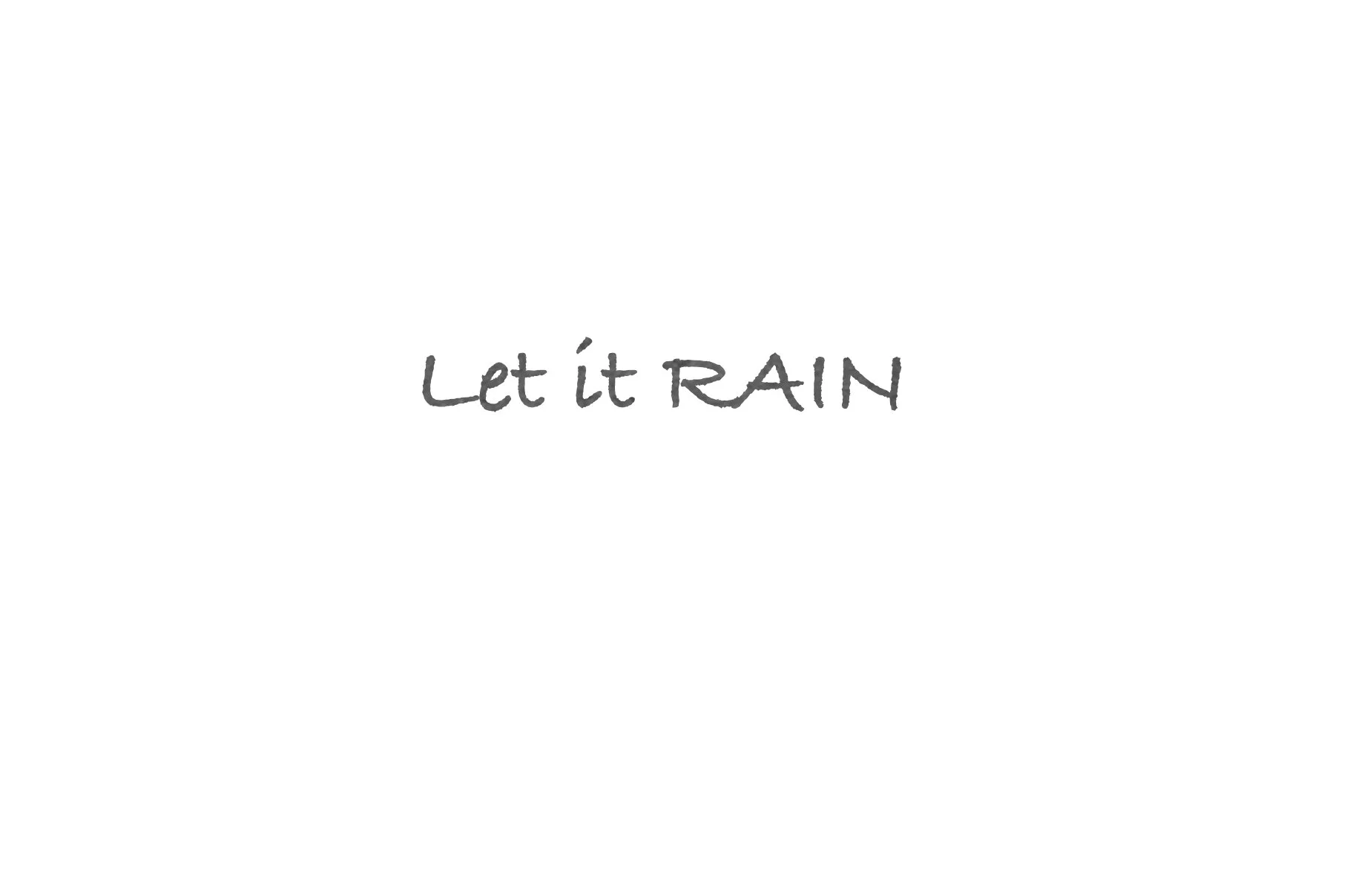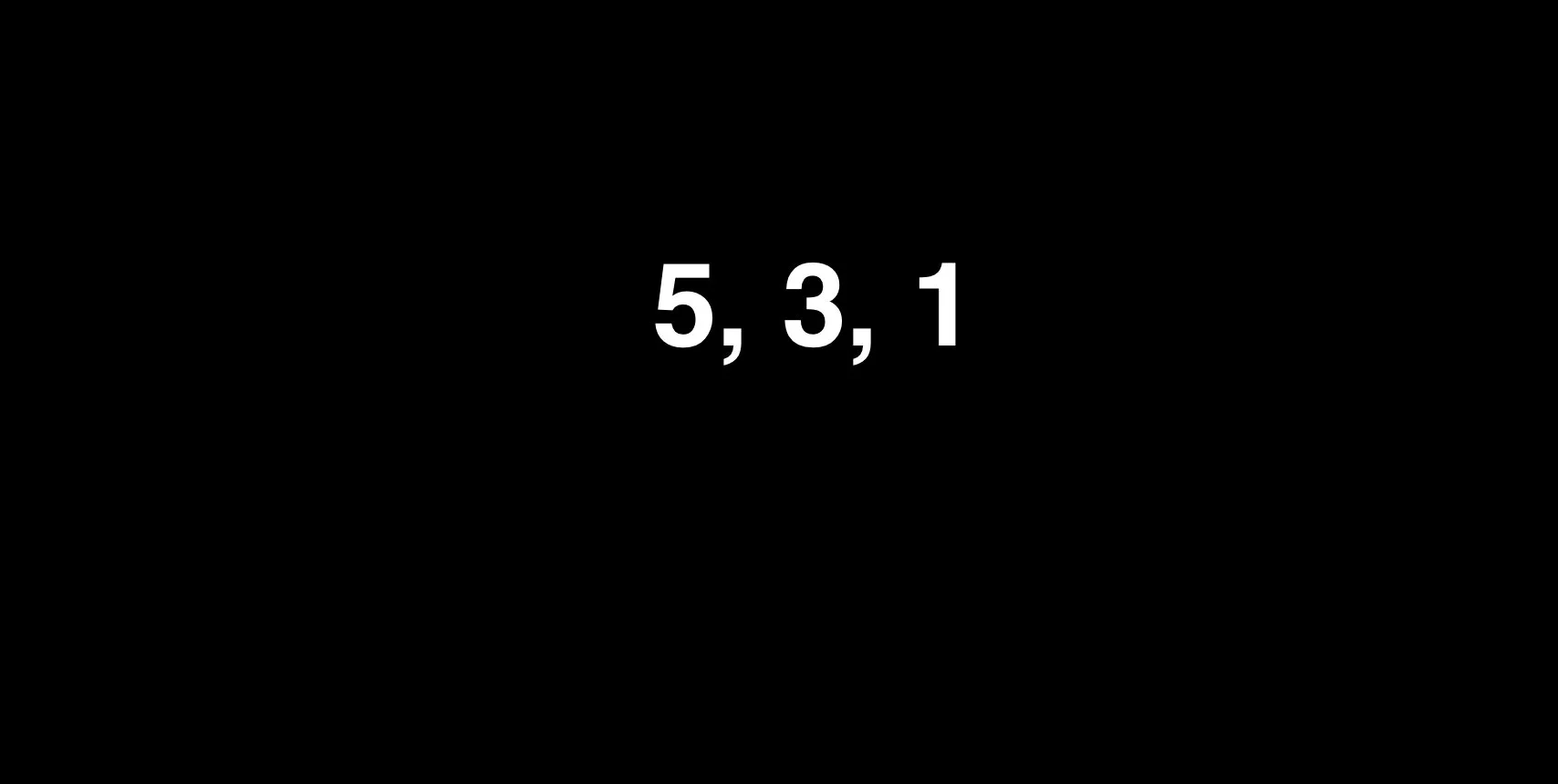I don’t know about you but I’ve hit a limit I didn’t know I had this week and I’ve crashed hard, COVID style. I’ve found myself powering through all kinds of signs of stress and burnout that were screaming for my attention. Pandemic living can mess with you- mentally, emotionally, physically, spiritually and relationally.
Reminds me of one of my early wilderness adventures when I was in the honeymoon phase with my newlywed husband and rugged Alaska. We were kayaking through a series of lakes which involved long portages across mosquito infested lands. We were so unprepared- carrying two gigantic sea kayaks through shady woods, across rooty, unstable ground full of blood sucking tiny-winged creatures. I stayed optimistic and fun-loving for as long as I could.
And then I broke- hit a limit I didn’t know I had.
We were several lakes and portages into our adventure. My husband saw how much I was struggling to carry the load of our kayaks and fight off the mosquitos. Mosquitos in Alaska are no joke! He looked at me and said in a kind and commanding voice- “drop the kayak and run back to shore.” I hesitated for a moment, feeling worried about leaving him alone with the load and guilty about giving up.
And then I surrendered.
I jumped roots, dodged mosquitos and kept my eyes out for bears in a mad dash back to shore. I took cover under our gigantic mosquito net, clutching our bear safe food bin. I ate snacks and I cried.
I wanted things to be different then they were.
After my husband sorted out the sea kayak in the woods situation, he met me under the mosquito net. Plan A wasn’t working. We talked through other options and landed on a- get the hell out of here as quick as possible, drive into town, eat at a restaurant and sleep in a hotel option.
In times of stress and struggle it can be hard to remember we have choices. We can choose to plow forward, or turn back or go sideways for a while. We can choose to stop in our tracks, take cover, eat snacks and come up with a new plan.
It’s important to lean in, listen and love yourself like you would a good friend. Especially in hard times. This is how you learn and find what you need. This is how you grow and heal. This is the way through.
Although this is a lonely time in our world, don't forget you are not alone. You can choose whose hands you hold in this difficult time and who holds yours. Choose wisely. Reach out. Reach in. Don’t go at it alone. And its never too late to change directions if Plan A, B, and C aren’t working. A one degree shift can change everything.
❤️






